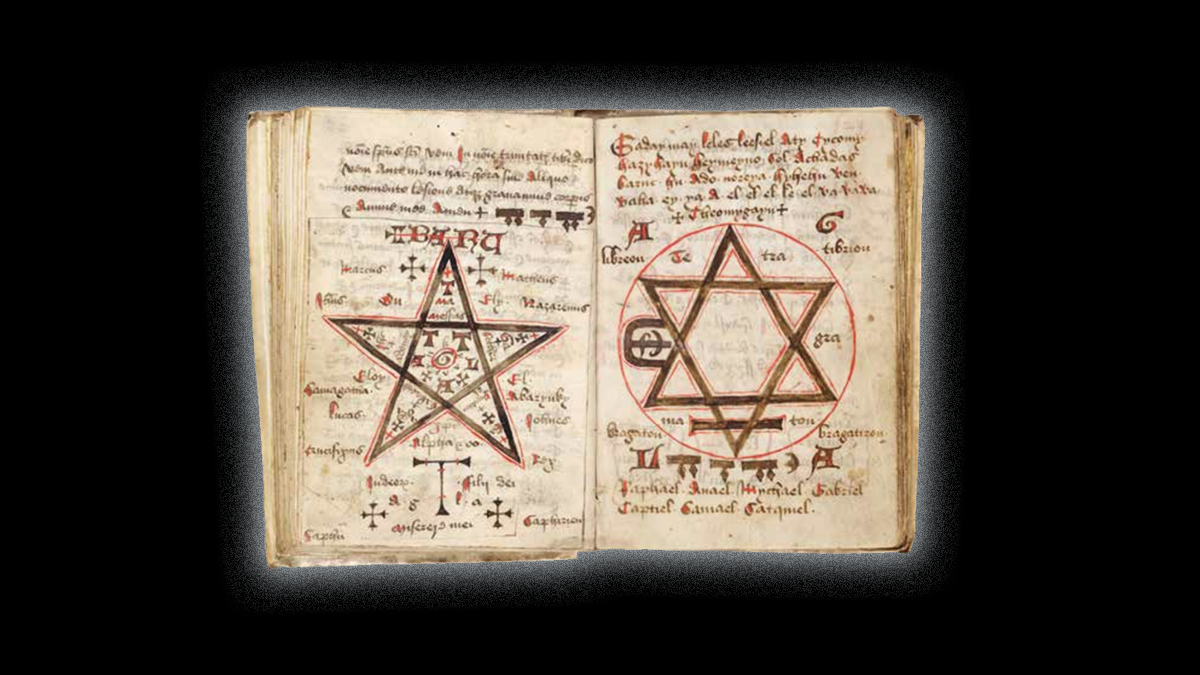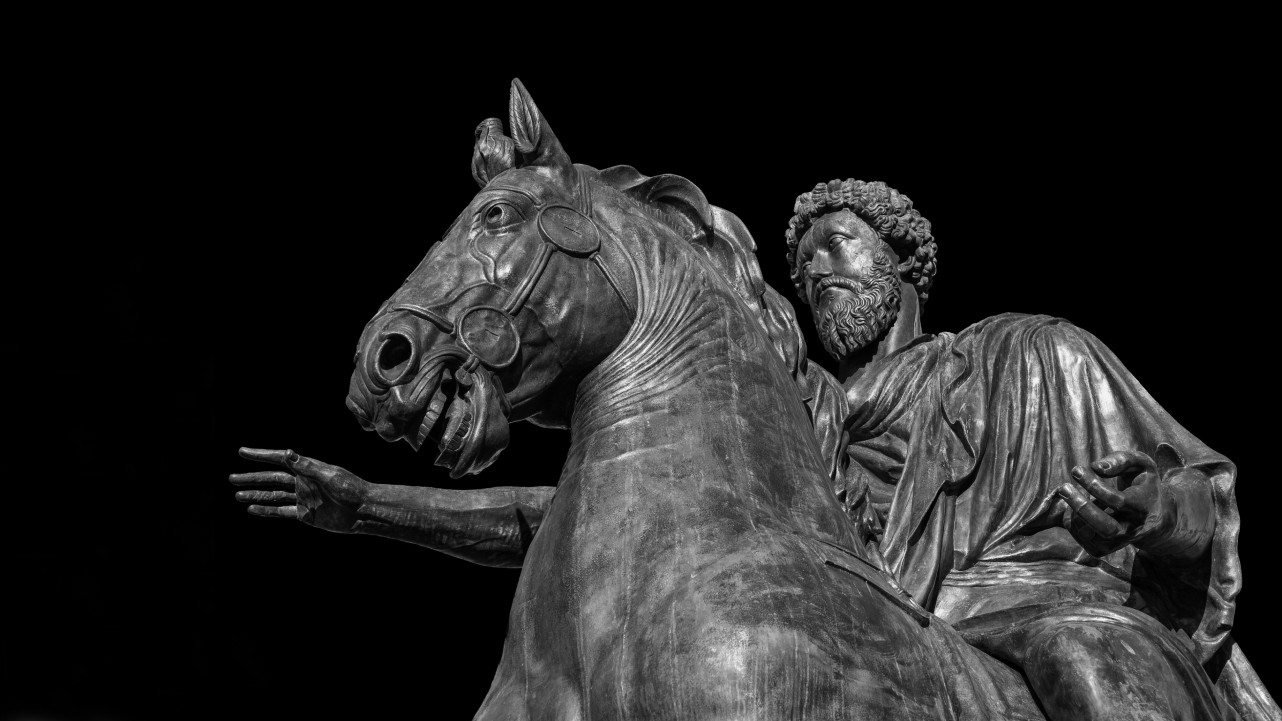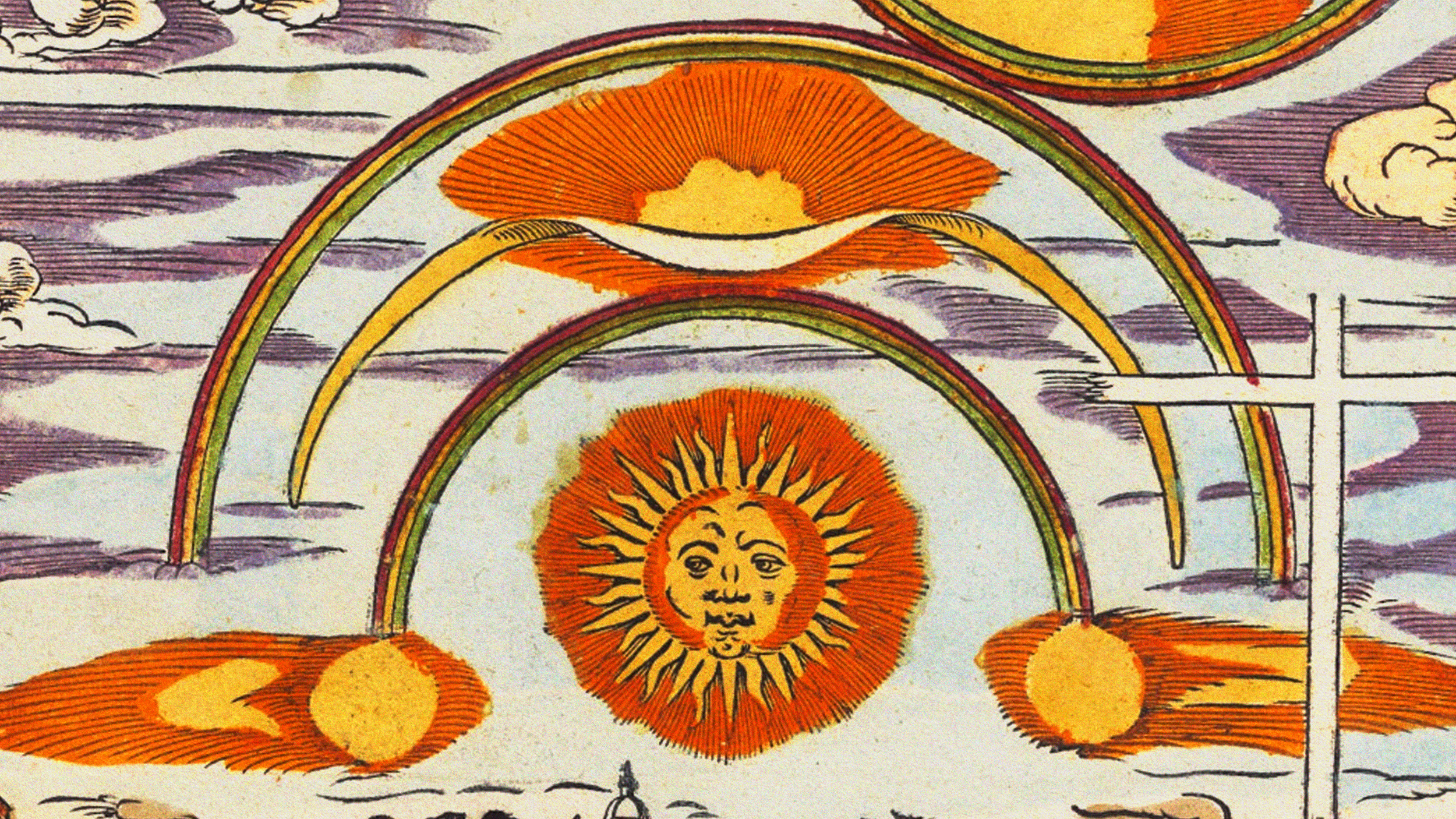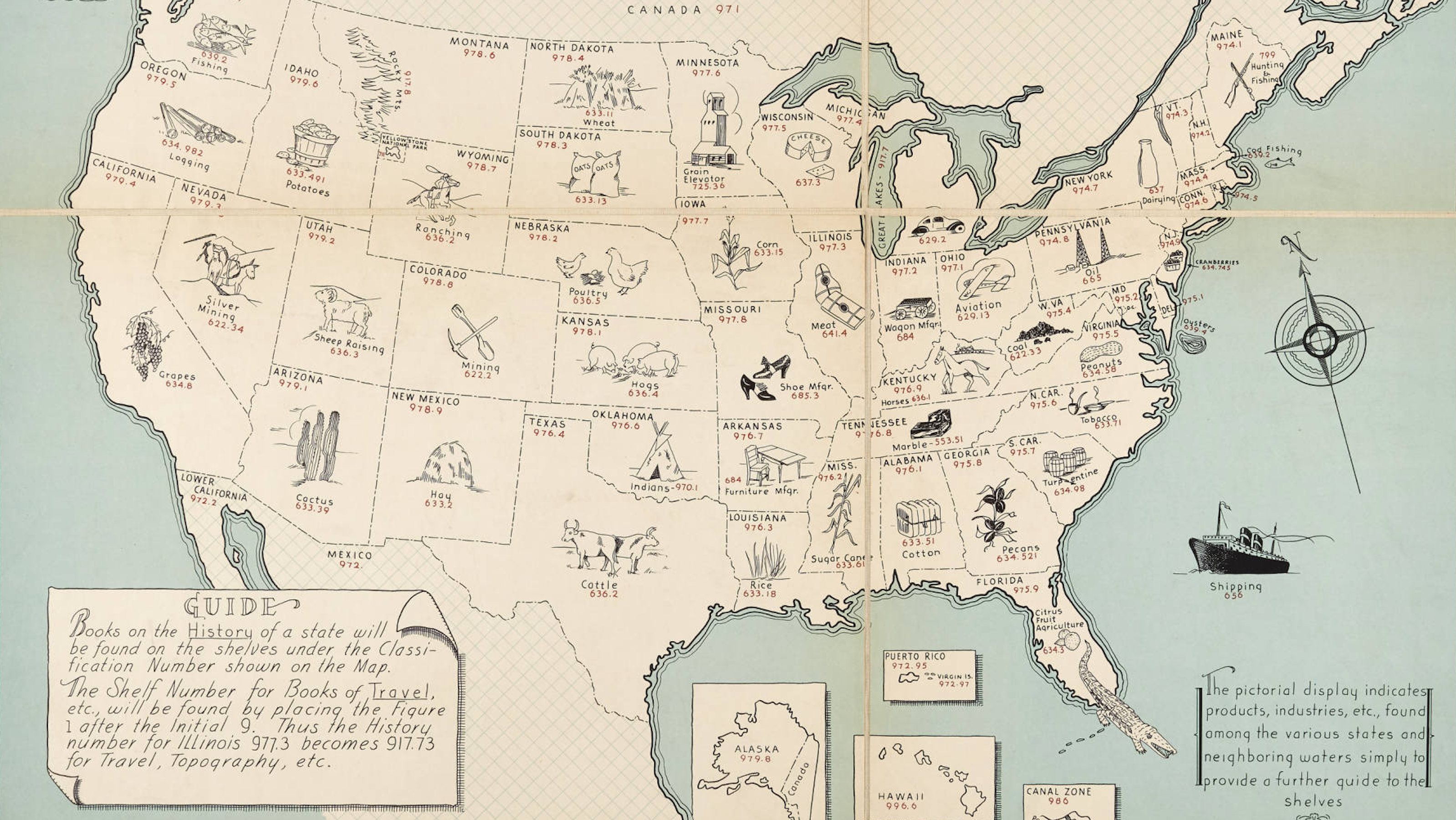Bah, humbug?
Okay, at the risk of being labeled a Scrooge, I’m going to say it, because one of the things we bloggers do is challenge each other (hopefully politely) to spark thinking and promote discussion: Miguel, I liked your team’s ‘Xmas card‘ but I think it is illegal.
Public schools (and, by extension, their employees) have a legal obligation to be neutral when it comes to religion. This means that public schools may not favor one particular religion over another (e.g., Christianity over Judaism), one particular religious denomination over another (e.g., Southern Baptist over Mormon), or even religion over no religion (i.e., religion over atheism). A long list of United States Supreme Court cases bears this out, including:
The electronic card created by Miguel’s team says Happy Holidays and shows a snowman, ice skaters, and penguins. All of these are nonreligious and are fine on their own. However, because Miguel refers to the electronic card as a ‘Xmas card,’ I don’t think the card survives the first prong of the Lemon test (a secular purpose). Because the electronic card uses other arguably religious symbols such as a Santa hat, mistletoe, holly, reindeer horns, a poinsettia, and what appears to be a scarf decorated with Christmas tree lights, it may be that the card also fails County of Allegheny‘s nonendorsement test
(government action may not have the purpose / effect of endorsing
religion by conveying a message favoring a particular religious belief).
Even if these latter symbols are considered nonreligious, they still are pretty clearly associated with a Christian holiday. Individuals who are of the Islamic, Jewish, Sikh, Buddhist, Hindu, or Taoist faiths, for example, rarely wear or use these symbols during this time of year. Use of even these possibly nonreligious symbols can be educationally troubling because schools also have a professional / moral / ethical obligation to create inclusive environments for students and employees.
It may be that few of the nearly 400 employees in Miguel’s school district that received the card are non-Christian. It may even be that those individuals who are of other faiths (or no faith) were not troubled by the electronic card. However, it only takes one or two individuals to raise a Constitutional concern and, I think, federal courts are pretty likely to hold that the card violates the Establishment Clause of the First Amendment. The Establishment Clause is in our Constitution to protect the rights of religious minorities. As retired Justice Sandra Day O’Connor noted, “We do not count heads before enforcing the First Amendment.”
All in all, then, I think Miguel’s team should have done some things differently:
- Eliminated all symbols even arguably related to Christmas.
Are these suggested changes political correctness run amuck? Maybe. Are they measures that protect the district against legal liability and increase inclusiveness? Absolutely.
Finally, I will close with two resources that may be useful to folks interested in this issue:
I look forward to hearing others’ thoughts on this topic.




